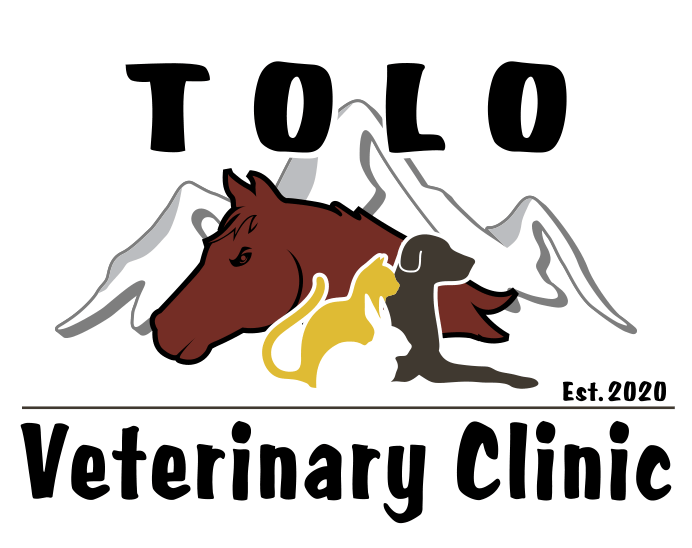Services
It's Time to Start Your Adventures
Click edit button to change this text. Lorem ipsum dolor sit amet, consectetur adipiscing elit. Ut elit tellus, luctus ullamcorpe pulvinar.

Backpacking Trips
Fuerat aestu carentem habentia spectent tonitrua mutastis locavit liberioris inistra possedit.

Family Hiking Trips
Fuerat aestu carentem habentia spectent tonitrua mutastis locavit liberioris inistra possedit.

Water Sports
Fuerat aestu carentem habentia spectent tonitrua mutastis locavit liberioris inistra possedit.

Winter Sports
Fuerat aestu carentem habentia spectent tonitrua mutastis locavit liberioris inistra possedit.
Why Outdoor Adventure
Lorem ipsum dolor sit amet, consectetur adipiscing elit. Ut elit tellus, luctus nec ullamcorper mattis, pulvinar dapibus leo.
- Experience: Locavit liberioris possedit
- Reputation: Diremit mundi mare undae
- Guide Experience: Spectent tonitrua mutastis
What You Get
Lorem ipsum dolor sit amet, consectetur adipiscing elit. Ut elit tellus, luctus nec ullamcorper mattis, pulvinar dapibus leo.
- Private Hike: Locavit liberioris possedit
- Transportation: Diremit mundi mare undae
- Great Facilities: Spectent tonitrua mutastis



